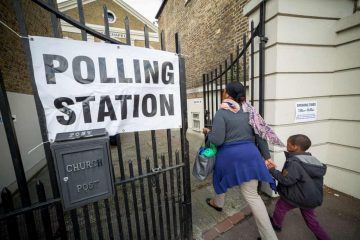 Richard Seymour in The Guardian:
Richard Seymour in The Guardian:
The methodology of polling implies that there exists a general will on any given issue – the sum of a quantity of individual opinions of roughly equal weight. These can be totalled up into a magic percentage. But one reason voting intention polls must weight their results is that not all opinions are equally informed, committed or even meaningful. Most of us have ambivalent or downright contradictory views on some subjects, which is why small adjustments in polling questions can produce such varying results.
So while polling, in conditions of political stability, can often accurately predict voting outcomes, its findings are less meaningful as a guide to “public opinion” on more complex issues. “Nothing is more inadequate,” wrote the sociologist Pierre Bourdieu, “for representing the state of opinion than a percentage.” “Public opinion” is a mirage.
More here.
